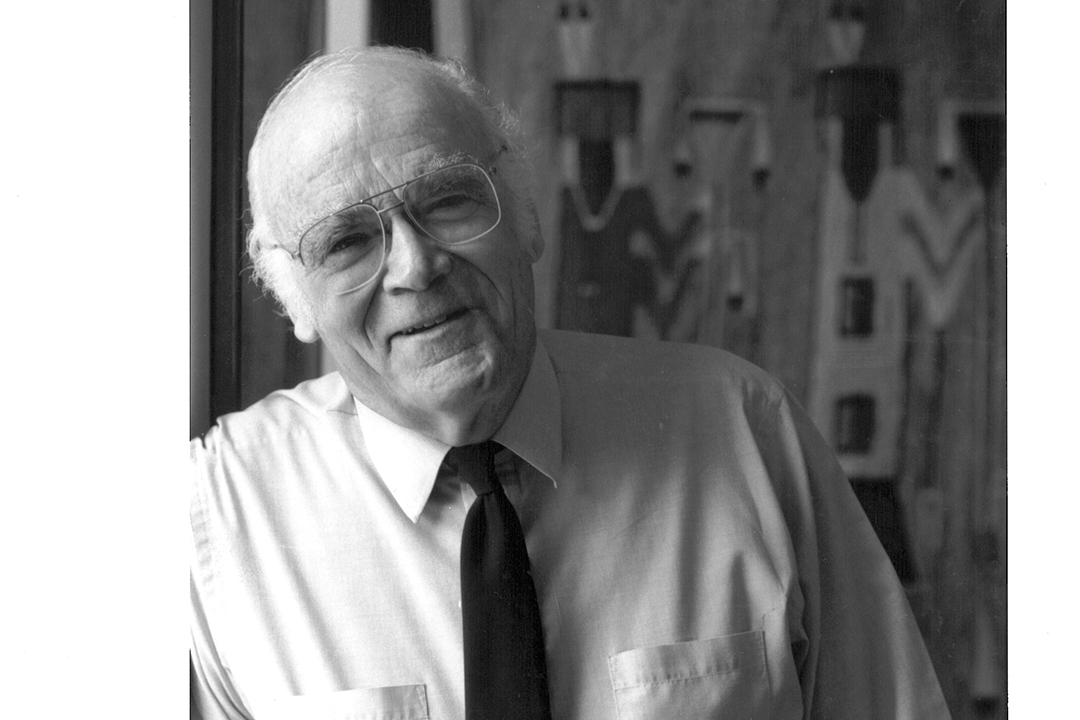A new graduate certificate program has been created within Columbian College to strengthen knowledge about the natural and cultural resources that form the heart of the National Park Service (NPS) mission.
The Certificate in Contexts of Environmental Policy, to be offered this fall, is designed for emerging leaders at NPS involved in the preservation and protection of public lands and cultural heritage.
The certificate’s creation is inspired by a gift from Roger and Frances Kennedy and made possible by the Friends of Roger Kennedy to establish a fellowship named for the former NPS director and part-time professor of American Studies from 1998 to 2003. The Roger Kennedy National Parks Fellowship will provide tuition support for NPS employees participating in the certificate program.
“We are thrilled to be establishing a graduate program that will extend the remarkable environmental legacy of Roger Kennedy,” said Tara Wallace, associate dean for graduate studies at Columbian College. “This program helps further the goals of both GW and NPS and establishes an important relationship between two major institutions in Washington, D.C.”
The Certificate in Contexts of Environmental Policy consists of four graduate-level courses, all of which will be taught on the university’s Foggy Bottom Campus. “By strengthening the skills of NPS managers, GW will be making a material contribution to the National Park Service, which plays a vital role in managing America’s environmental resources,” said Peter Linquiti, director of the Environmental Resource Policy (ENRP) graduate program. “What’s more, as these NPS staff participate in GW classes alongside current ENRP students, they will introduce a more practical, field-oriented, perspective into course discussions than otherwise might be the case.”
Participants will be required to take one policy course as they enter the program and can then choose among a large number of electives in policy or culture, including environmental sciences, history and public policy, strategic communication skills, historic preservation, ethnicity and identity, and preventive conservation concepts. By special permission, depending on their backgrounds, students may also enroll in graduate courses in the sciences.“By offering a wide range of courses that contextualize environmental policy, the certificate provides a degree of flexibility,” noted Wallace. “Students will be able to tailor courses that best fit their skills and strengthen their professional credentials.”
Applicants must hold a bachelor’s degree and be permanent NPS employees with three or more years of service. After participating in a vigorous review process, candidates must be accepted by the NPS Admissions Committee as well as GW’s Columbian College of Arts and Sciences.


